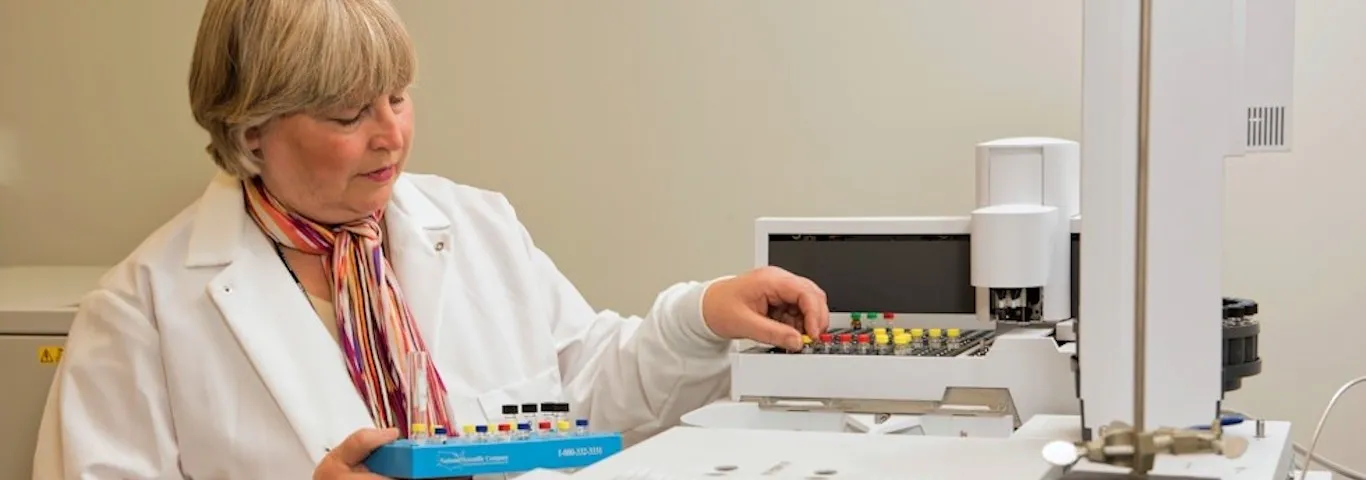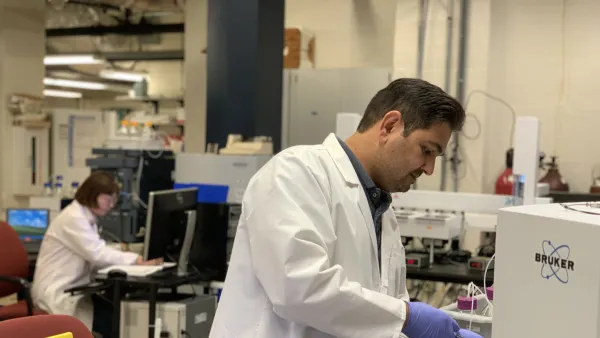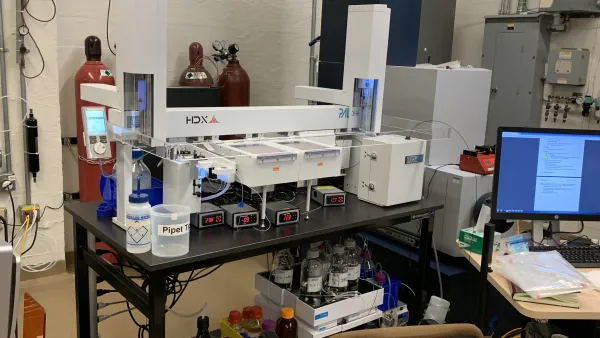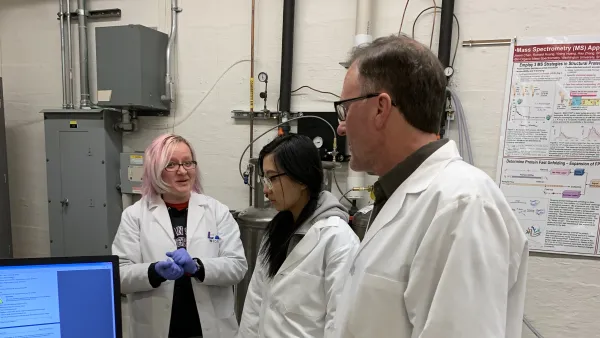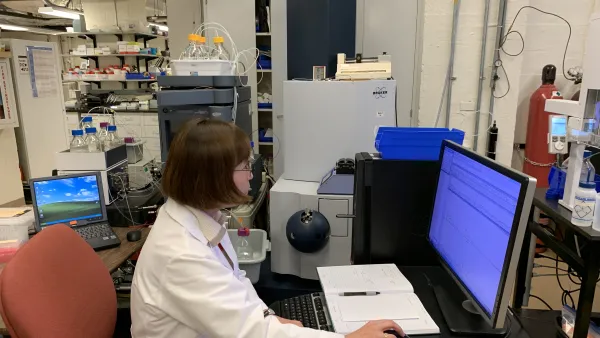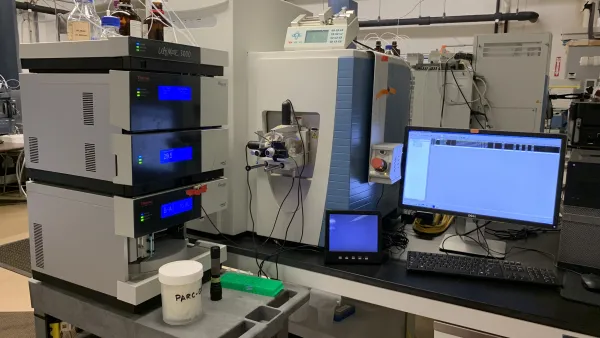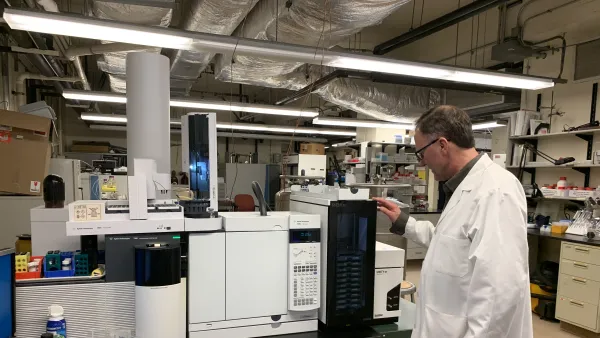Our Mission
The NIH/NIGMS-supported biomedical mass spectrometry (MS) research facility develops novel MS-based solutions to analytical challenges, and provides service, collaboration, and training for MS-based characterization, identification and quantification of all biomolecular classes extracted from in vitro and in vivo model systems. The MS research facility supports integrated research programs in ion chemistry, protein biophysics, targeted and untargeted proteomics, focused on advancing MS platforms, software, and their analytical capabilities for expanding biological knowledge, and training the next generation of translational scientists interested in biomedical applications of MS.
Our Goals
- Establish collaborative research projects with basic and applied investigators at Washington University and other institutions
- Develop and provide novel mass spectrometry-based analytical services
- Educate and train students/fellows/junior faculty in the use and applications of mass spectrometry
- Disseminate our research findings and inform the community about biomedical mass spectrometry
